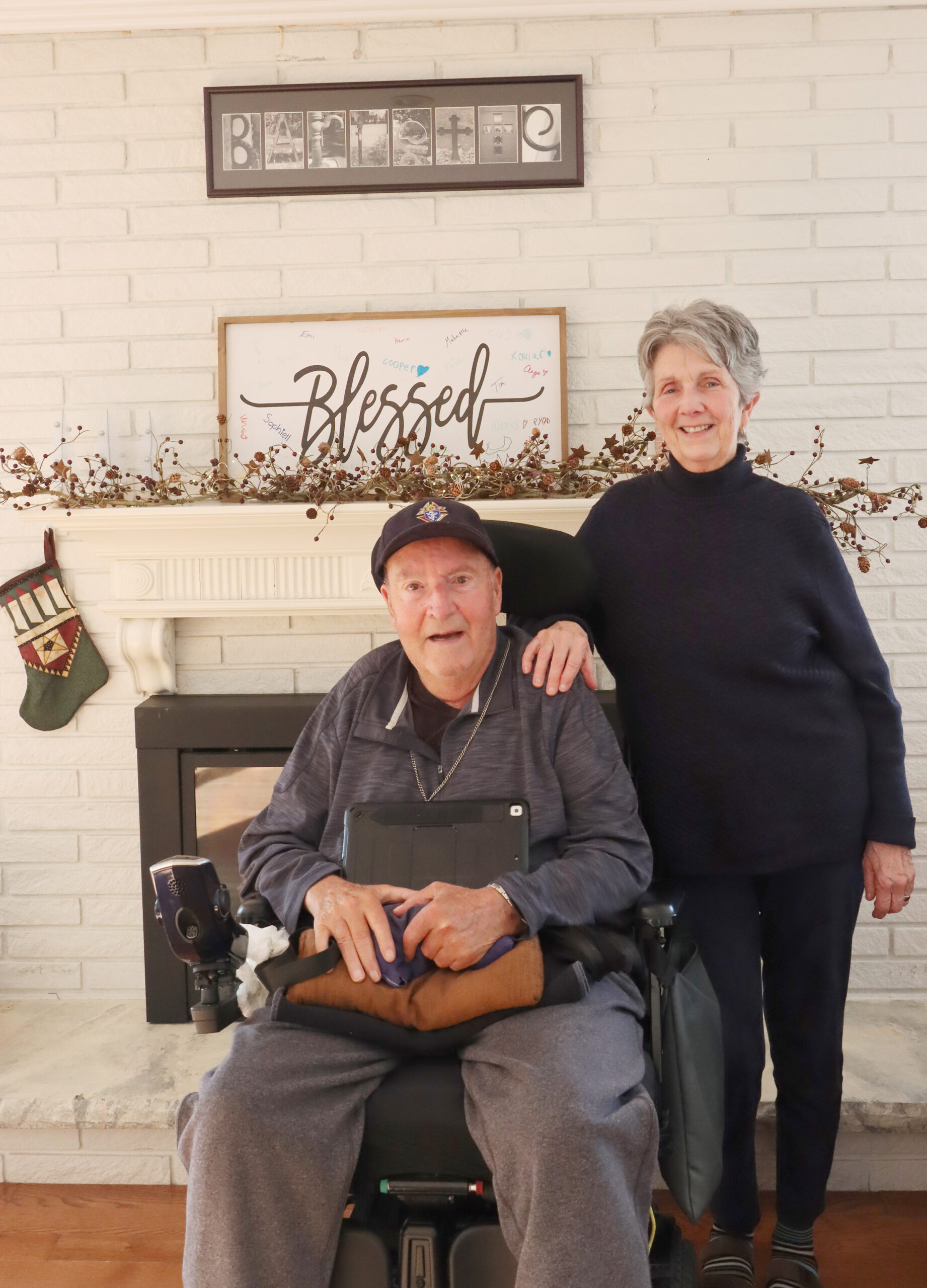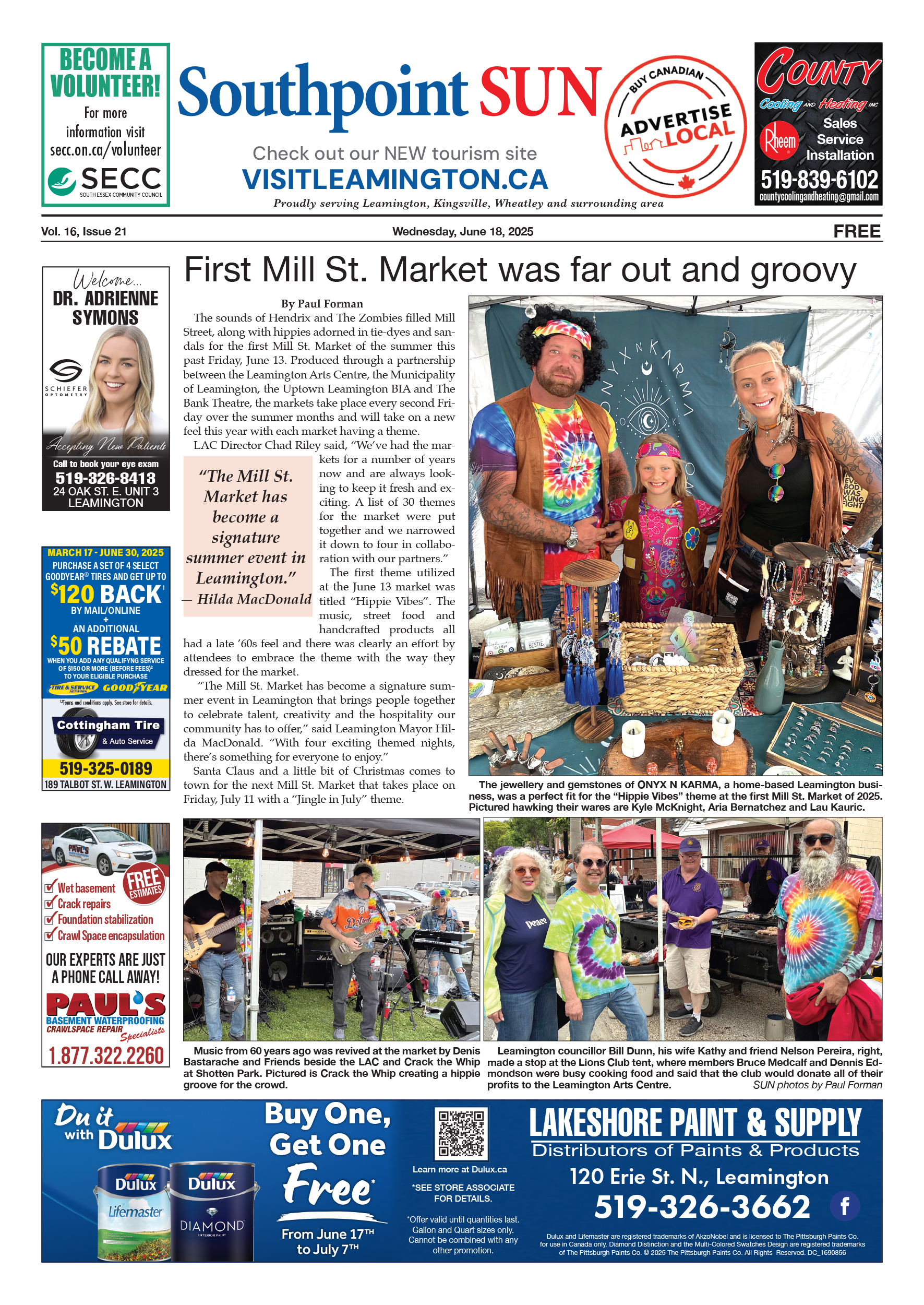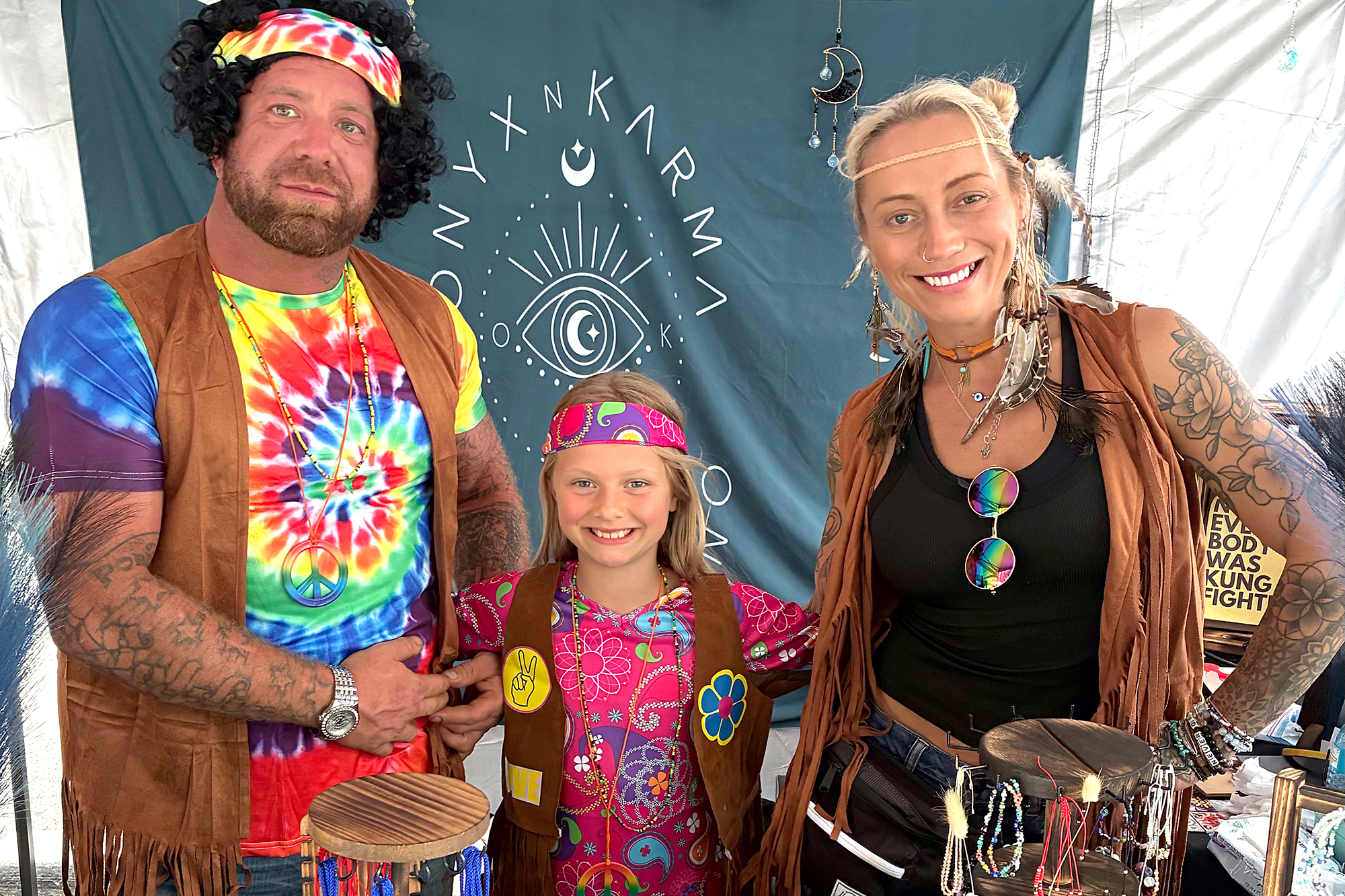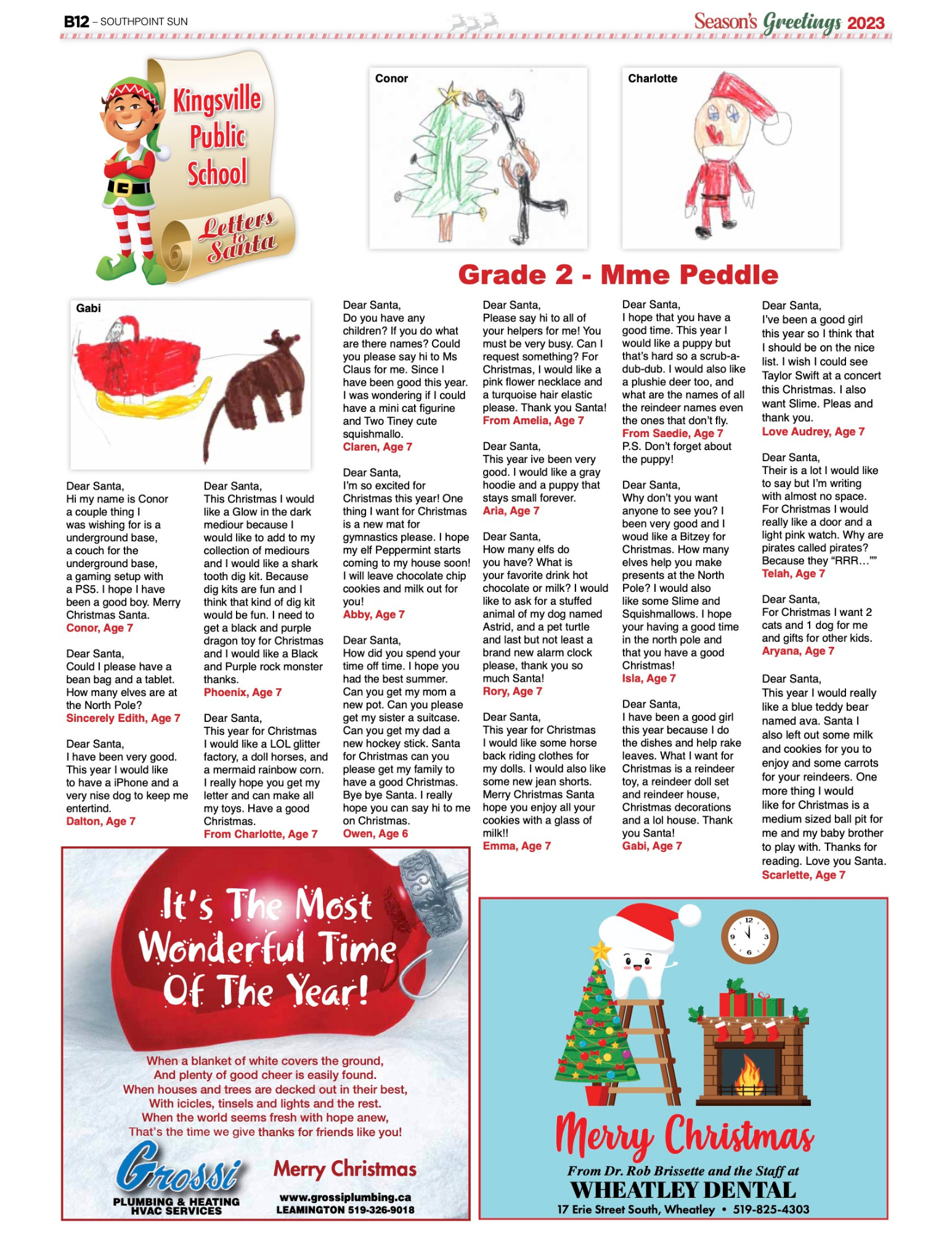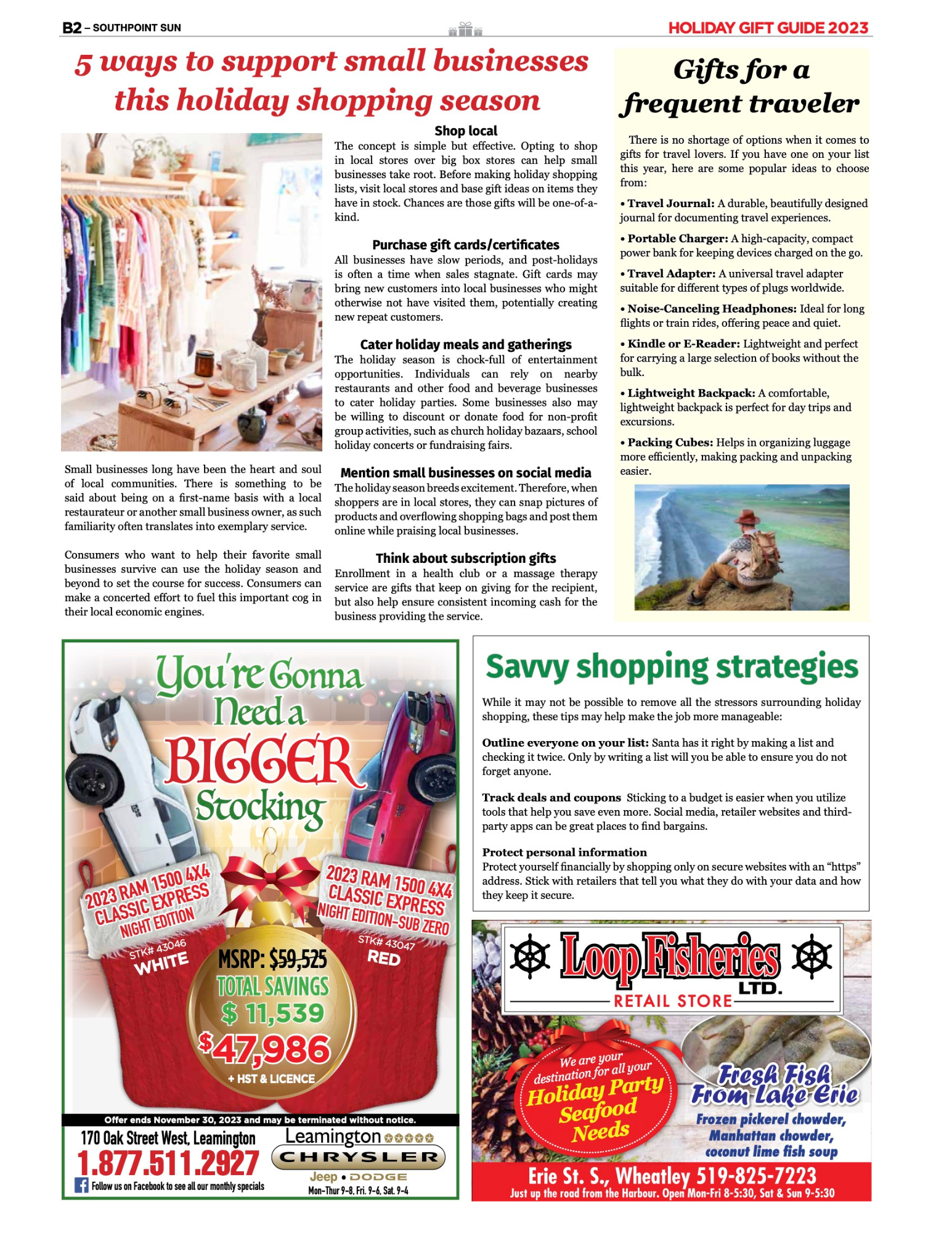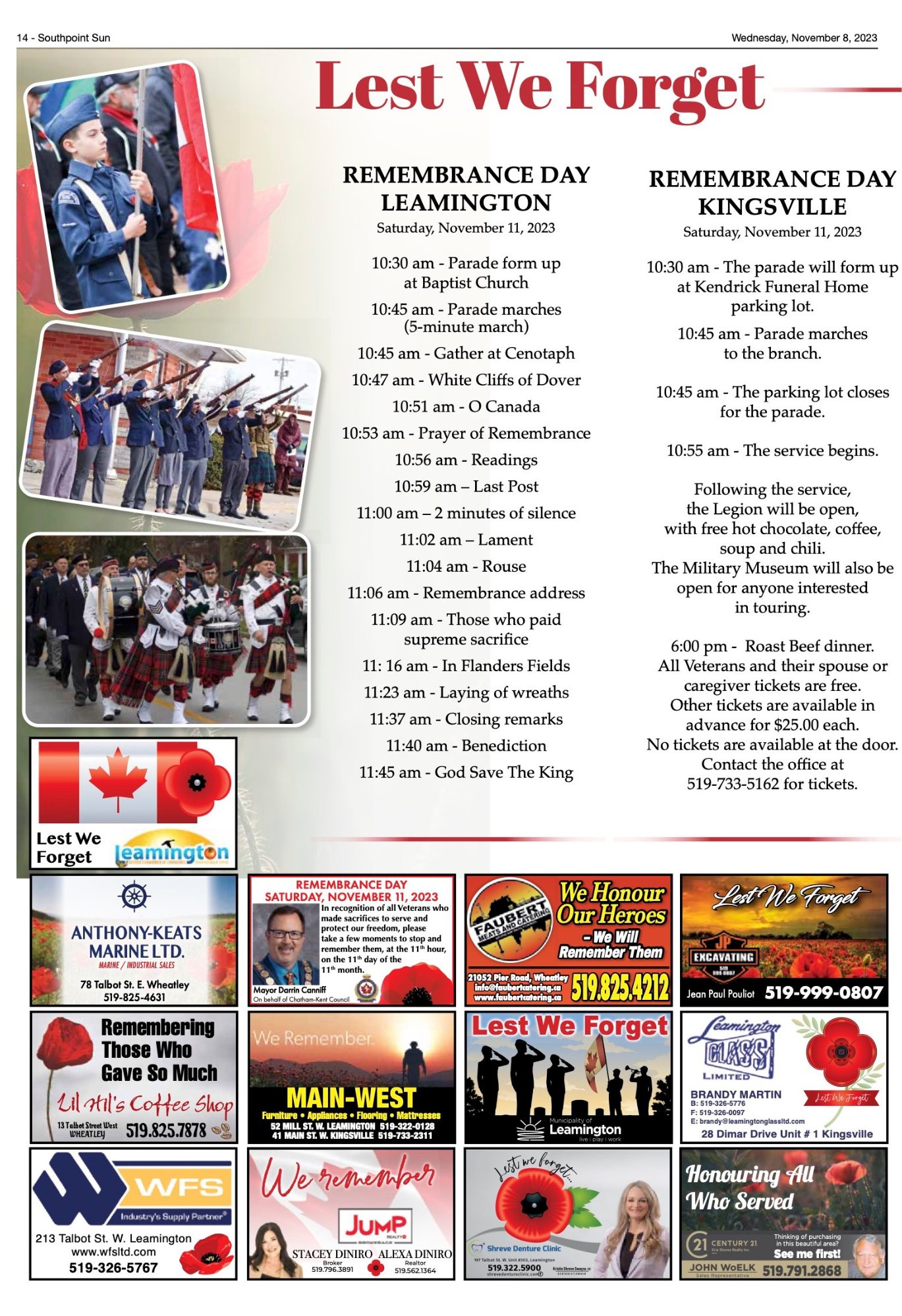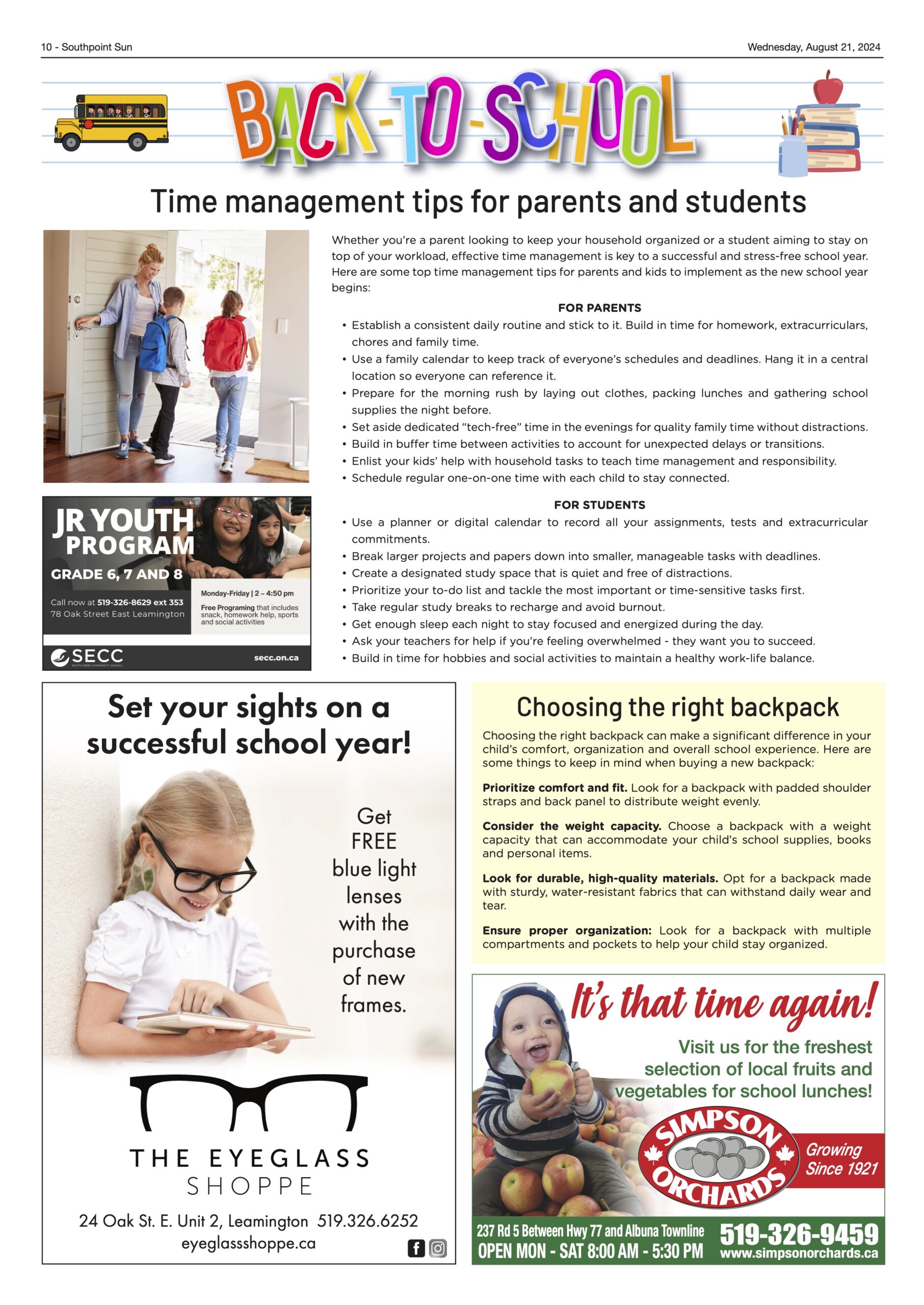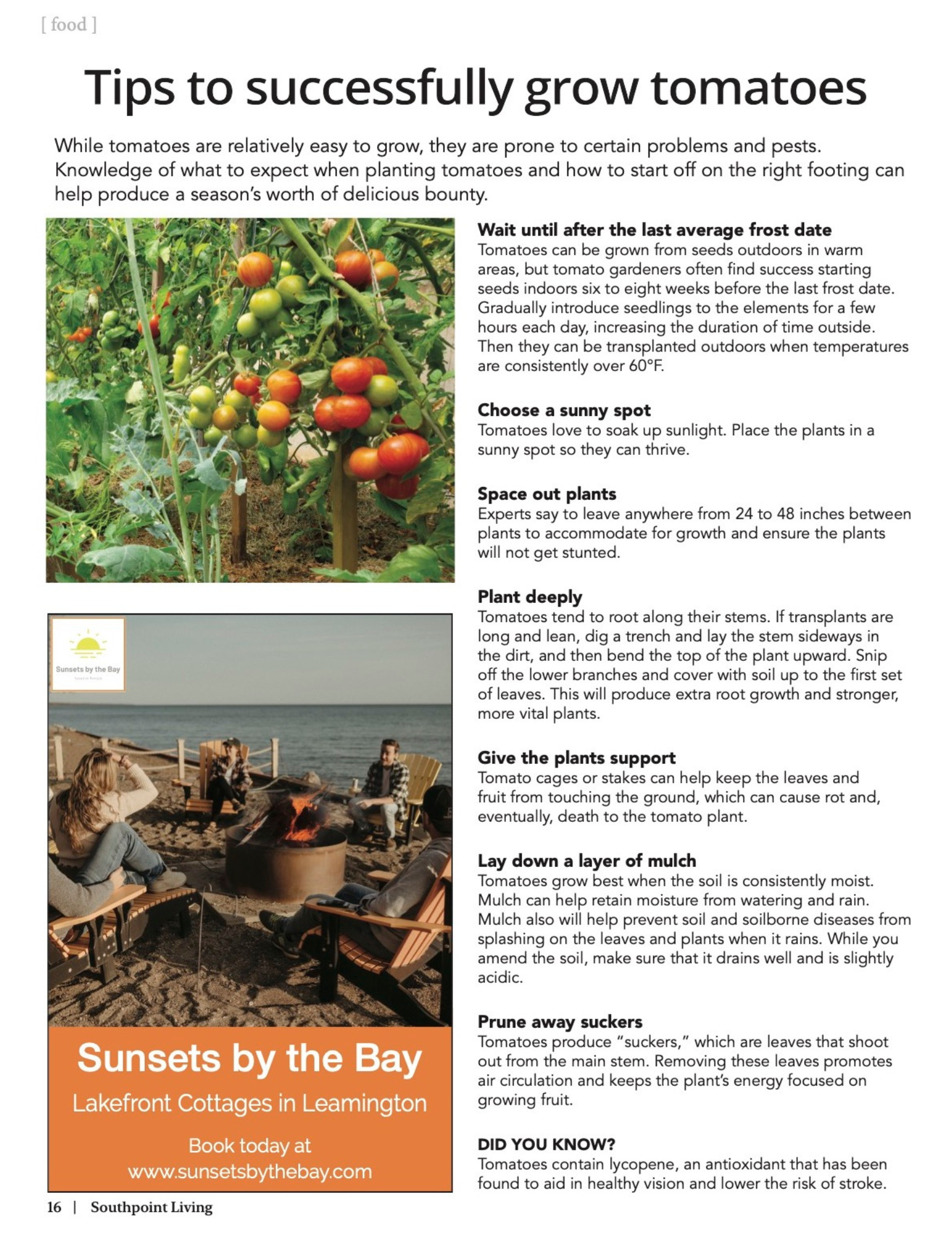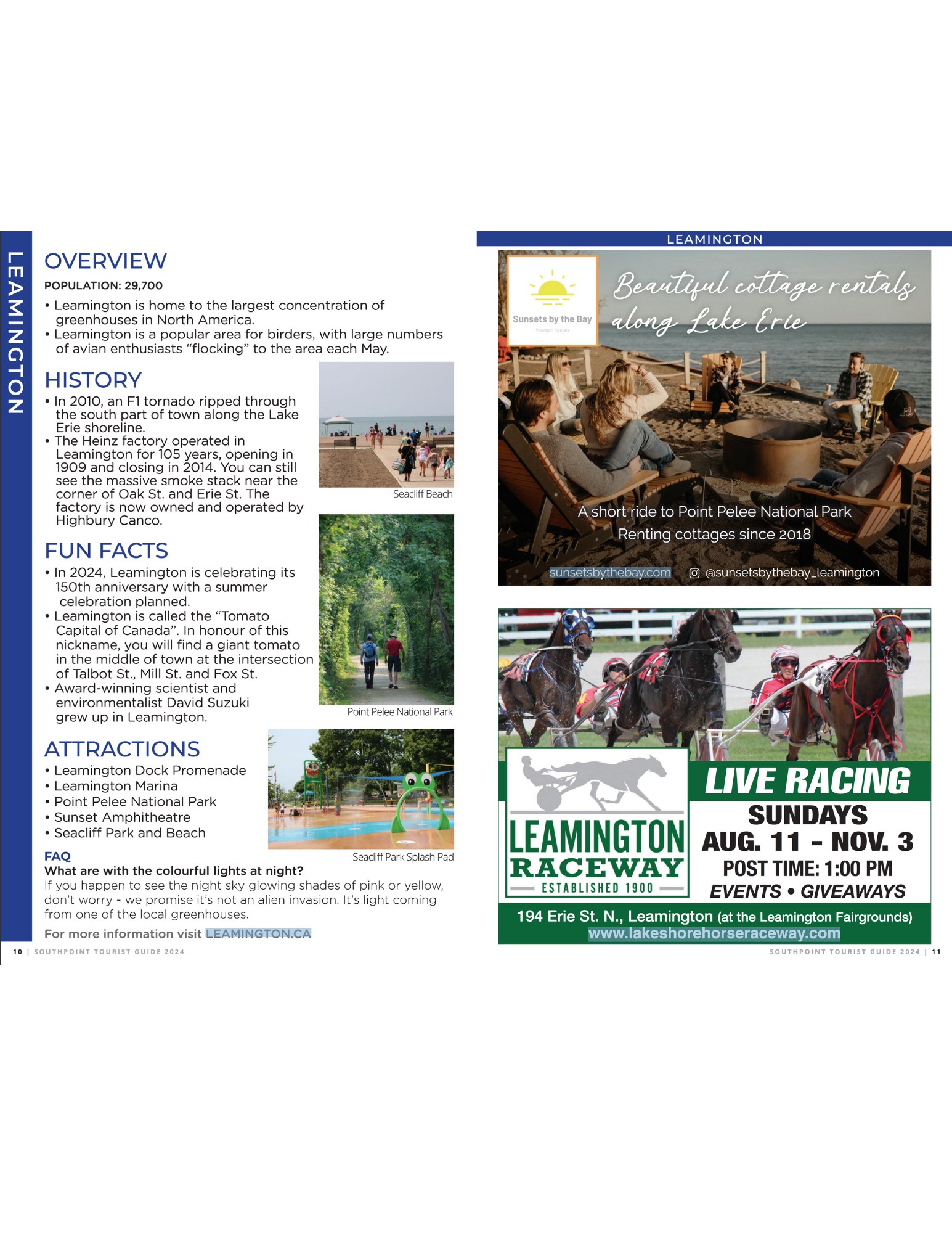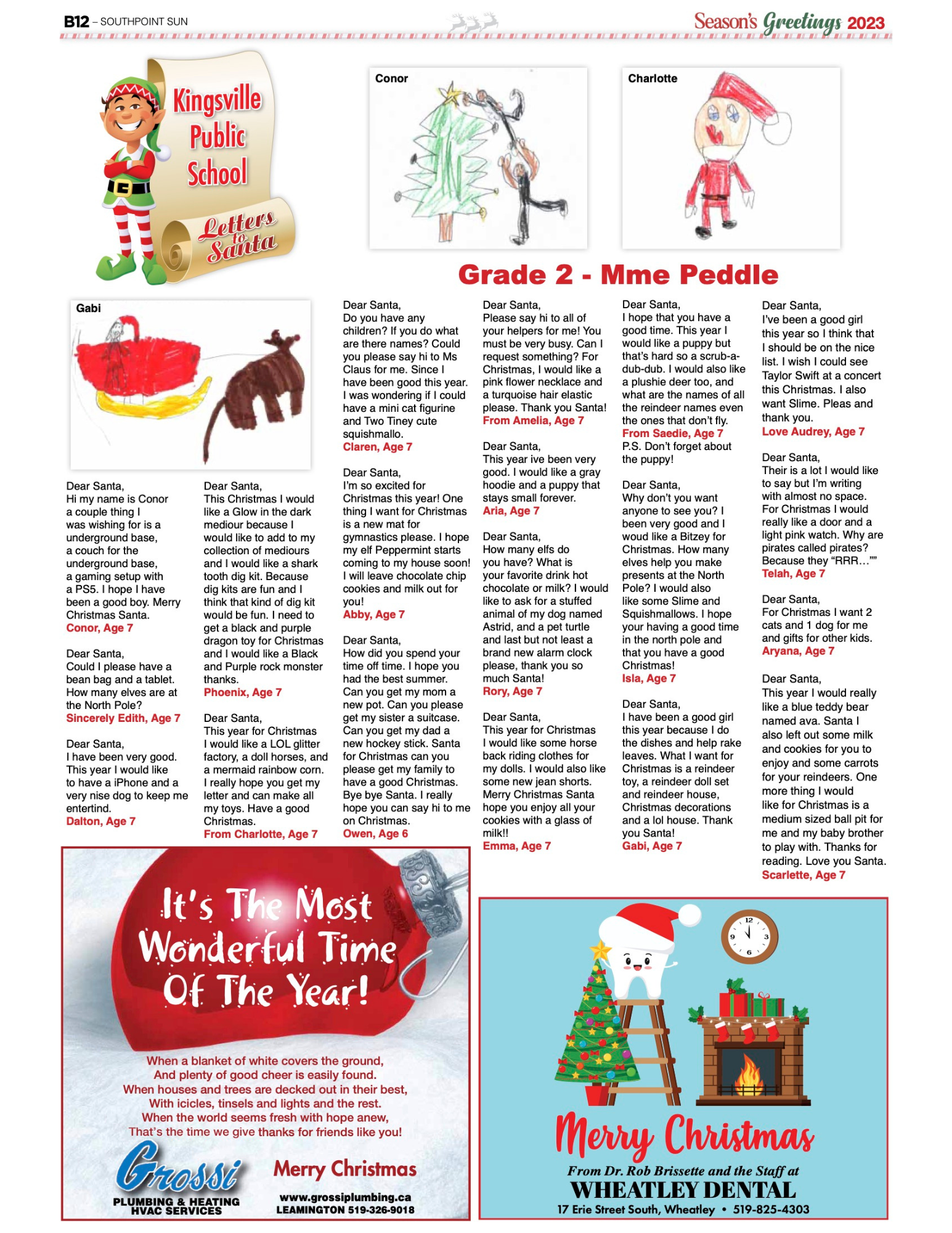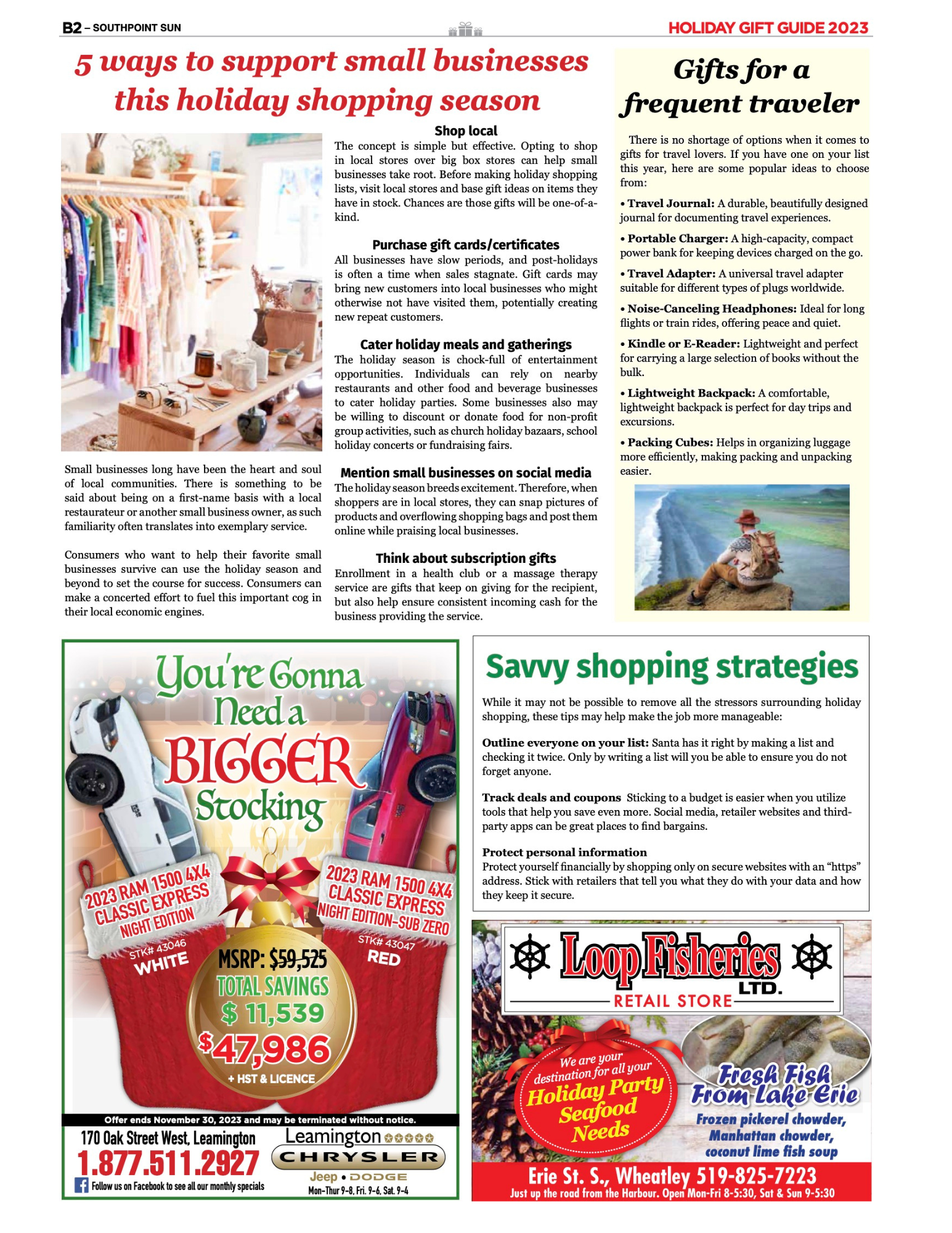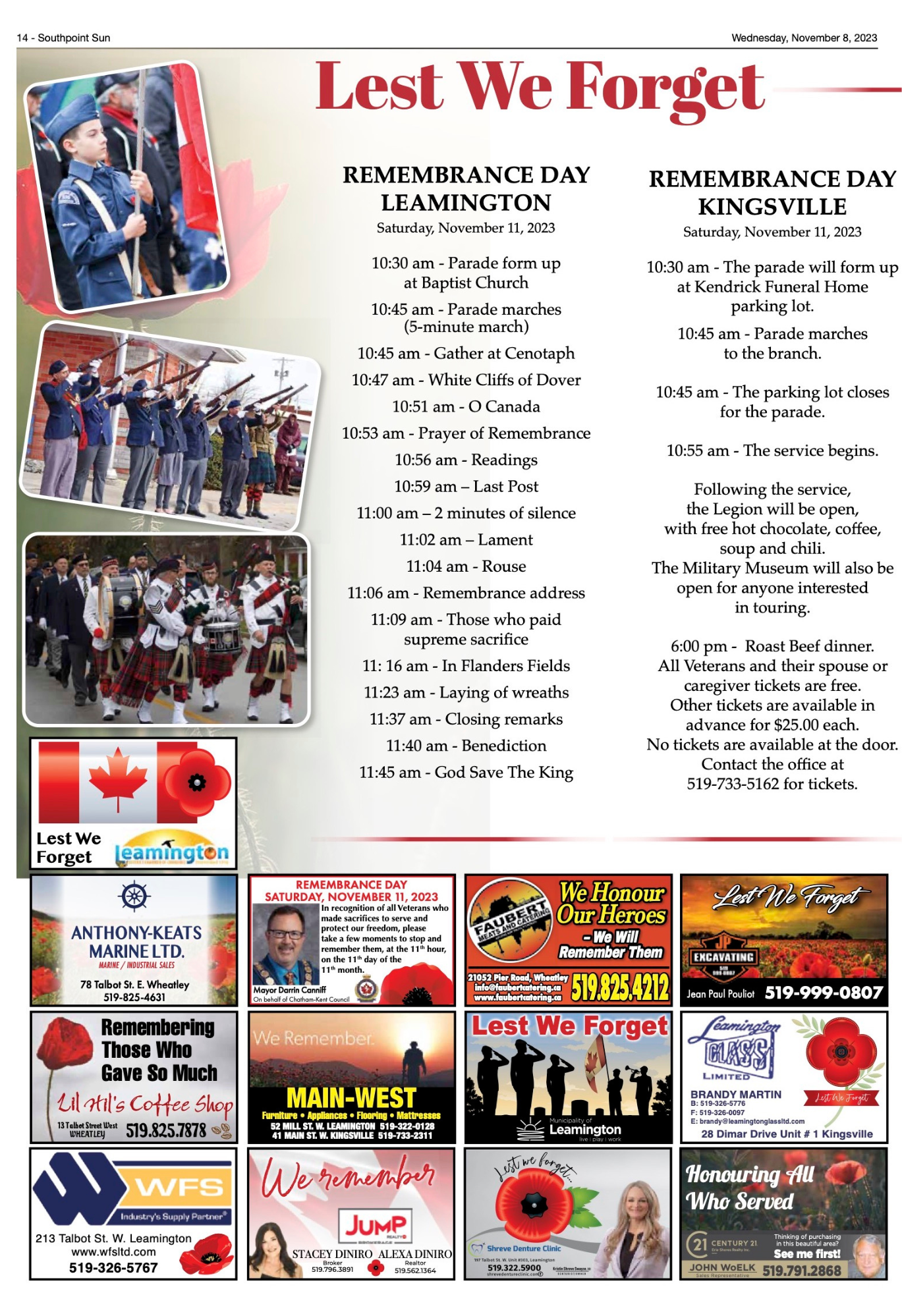Peggy and George Barrette feel grateful and blessed, despite a major health journey that has drastically changed their lives over the past 20 years.
The Leamington couple — parents to nine now-adult children — are challenged every day by George’s Amyotrophic Lateral Sclerosis (ALS) diagnosis from 2004.
But they face every day with a smile — and a few tears — knowing that their faith will get them through.
George is a popular sight around the south end of Leamington as he makes his way in and out of stores on that end of town. His wheelchair — the fourth provided by the ALS Society of Windsor-Essex County — is equipped to get him to wherever he wants to go.
And he’s grateful for that fourth wheelchair. Peggy says that the Society counts George as their longest-tenured client, and in a world where one wheelchair would probably last each patient, George has managed to get four — a feat not always accomplished by ALS patients.
That’s a testament to the fortitude of the former beef farmer and the deep faith shared by he and his wife.
His mornings started early and his days ran long on the farm and George was a robust man who could tackle the physical challenges of running a farm with the best of them.
He was also a hockey dad, whose dedication to getting his kids from their Staples farm to the Leamington arena and back while still maintaining a working farm, was a sight to behold.
When he started to experience some slurred speech and unexplained drooling in 2004, Peggy thought he’d maybe had a mini-stroke, but a trip to their family doctor soon led to a trip to a Windsor neurologist, who narrowed the diagnosis down to the dreaded disease that took the life of baseball’s Lou Gehrig so many years ago.
It was around that time that they were sent to London and were introduced to Dr. Michael Strong — a Leamington native himself — who is a leading expert in ALS research and treatment.
“What a wonderful human being,” Peggy says of Dr. Strong. “He really cares about his work.”
Long known as a disease that kills the vast majority of its patients within a couple of years, recent strides have been made in research of the disease.
Even though those strides were made well after George’s diagnosis and offer no advantages to him, George and Peggy are grateful for all of that extra, unexpected time.
“I thought I would be dead in two-and-a-half years,” said George through his iPad. “I didn’t think I’d ever get to meet my grandchildren. Twenty years went by fast.”
George communicates through typing on the iPad, through an advanced program, then reads aloud what he types so that he can carry on regular conversations.
All of the technological advances have been a godsend for the couple.
“The ALS Society has been wonderful and they’ve provided us with everything we need,” added Peggy. “Not just the equipment, but moral support too.”
After their diagnosis, Peggy and George participated in some studies to help doctors determine what works and what does not when it comes to ALS. These studies required frequent trips to London.
“We knew we wanted to help others afflicted with ALS,” she said.
When the couple decided in 2012 to sell the farm and move to a one-floor home in Leamington, they gathered the kids and had a family meeting — then they all pitched in to make it happen.
Two of their boys bought the farm together and run an excavating business from the property and everyone pitched in to help set up the new house to make things easier for mom and dad.
“When you have a huge support system, it means a lot,” says Peggy. “The biggest thing it gave us is hope.”
And hope is what they’ve got, but it doesn’t compare to their faith that God has a plan for them. While it may not be the plan they had originally dreamed of when they married almost 49 years ago, it’s still a plan and they trust the process.
“We just trust He has a reason for it,” she said. “You just trust that God has better reasons for the way your life is unfolding.”
Peggy says that George is quite popular in the grocery stores, where the employees and even customers, are helpful when he needs something off a shelf.
“He still looks through all the flyers the same as he always did,” she says. “He loves to help in any way he can.”
That comment drew a big smile from George, who began typing on his iPad.
“People in the stores are very helpful,” he says. “I like a bargain.”
And it’s not just the people in the stores. George and Peggy find that the community has welcomed them with open arms.
“It’s like receiving a big hug,” they say.
They belong to St. Michael’s Parish and say prayer from everyone they know has helped them through these past 20 years.
“We have a faith community that supports us and we feel their love,” says Peggy. “Our strength doesn’t come from us, it comes from God.”
The Barrettes’ nine children have produced 16 grandchildren and George is close with all of them — something he didn’t imagine when he got his diagnosis.
He’s quick to bring up a family photo on his iPad, with all of those kids and grandkids gathered around he and Peggy. They often come by to help Mémé with Pépé and love helping to get his boots off and make him comfortable.
George smiles at that notion, begins to tear up and then reverts right back to the smile.
After all, he’s still here to enjoy them.
And enjoy them, he does.
